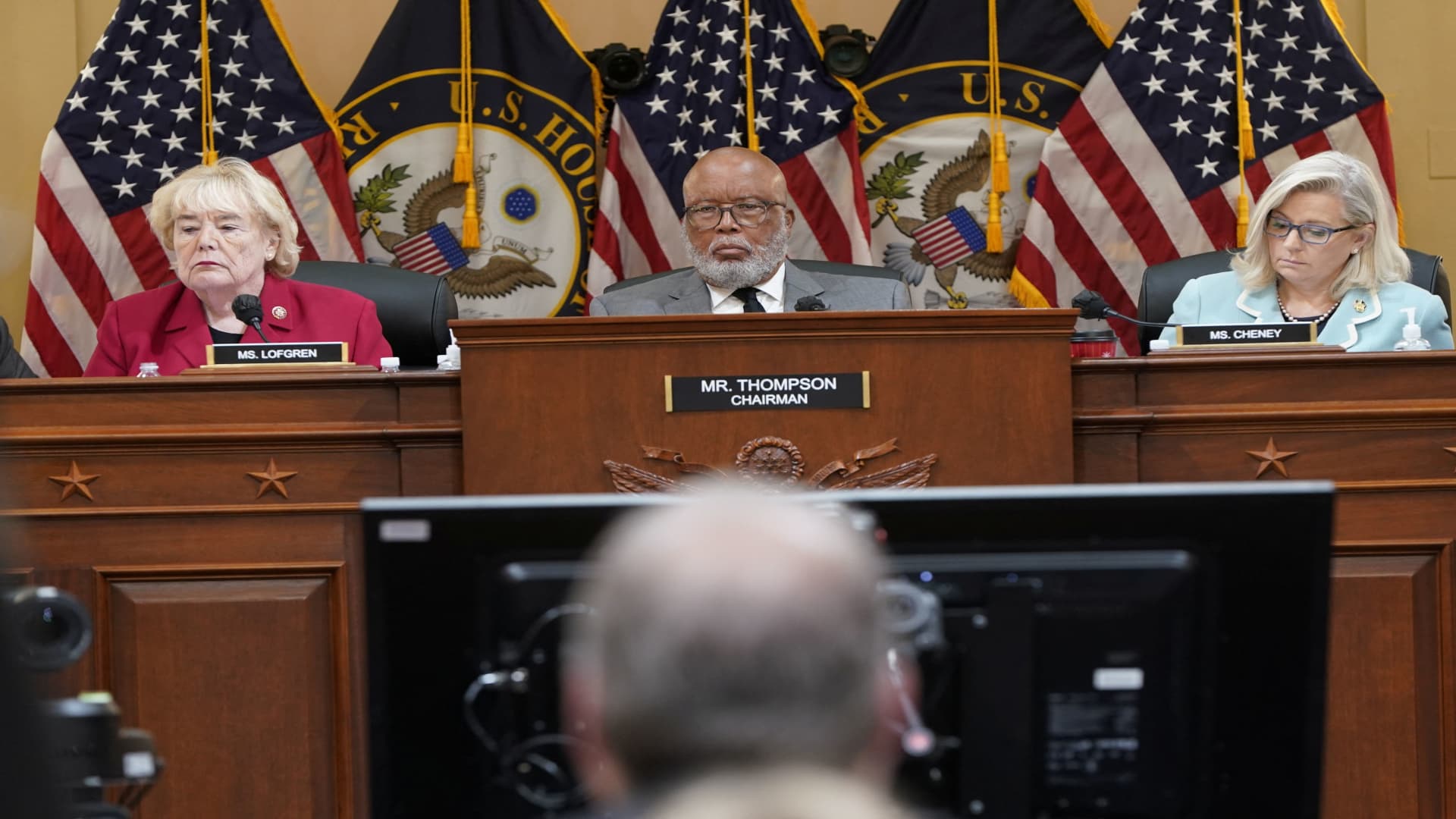US Markets
Thursday, February 8th, 2024 4:16 pm EDT
Key Points
- NYCB’s efforts to reassure investors through financial disclosures and management changes have failed to restore confidence, leading to a crisis of confidence in the bank.
- Moody’s downgrade of NYCB’s credit ratings to junk status, coupled with a shareholder lawsuit alleging misleading statements about real estate holdings, has exacerbated the bank’s decline and raised concerns about the state of medium-sized American banks.
- NYCB’s significant provisions for loan losses, particularly in commercial real estate, have triggered a decline in regional bank shares and heightened investor concerns about the potential for defaults in CRE loans, especially in office buildings and rent-controlled properties in New York City. Regulatory scrutiny and speculation about further declines in NYCB’s stock price have added to the overall stress in the banking sector.
The article discusses the recent challenges faced by New York Community Bank (NYCB) and its efforts to reassure investors amidst a crisis of confidence. NYCB disclosed financial metrics, including stable deposits of $83 billion and the promotion of chairman Alessandro DiNello to a more active management role. These actions led to a temporary 6% rise in NYCB shares, but the stock resumed its decline following Moody’s downgrade of the bank’s credit ratings to junk status.
The bank’s troubles stem from its fourth-quarter results, where it reported significant provisions for loan losses, particularly in commercial real estate (CRE). NYCB’s provision for loan losses surged to $552 million, far exceeding analysts’ estimates, leading to a 71% dividend cut to preserve capital. The results sent shockwaves through the market, affecting other regional banks like Valley National, which also have significant exposure to CRE.
Investor sentiment shifted towards concerns about potential defaults in the commercial real estate market, especially in office buildings and rent-controlled properties in New York City. The rise of remote work and changes in rent stabilization laws have increased the risk of defaults in these sectors. Speculators have capitalized on NYCB’s troubles, driving up activity in put options betting on further declines in the bank’s stock price.
Treasury Secretary Janet Yellen expressed concerns about losses in commercial real estate but assured that bank regulators are working to manage the situation. Analysts predict that regulators may adopt a stricter approach to reserving for loan losses, potentially leading to more write-offs and capital requirements for banks like NYCB.
Despite the bank’s low valuation, investor appetite remains subdued due to the perceived risks associated with commercial real estate. The article underscores the broader implications of NYCB’s troubles for the medium-sized American banking sector, reigniting fears of another round of turmoil similar to the deposit runs experienced by Silicon Valley Bank and Signature Bank last March.
For the full original article on CNBC, please click here: https://www.cnbc.com/2024/02/07/nycb-reignites-banking-industry-commercial-real-estate-fears.html




